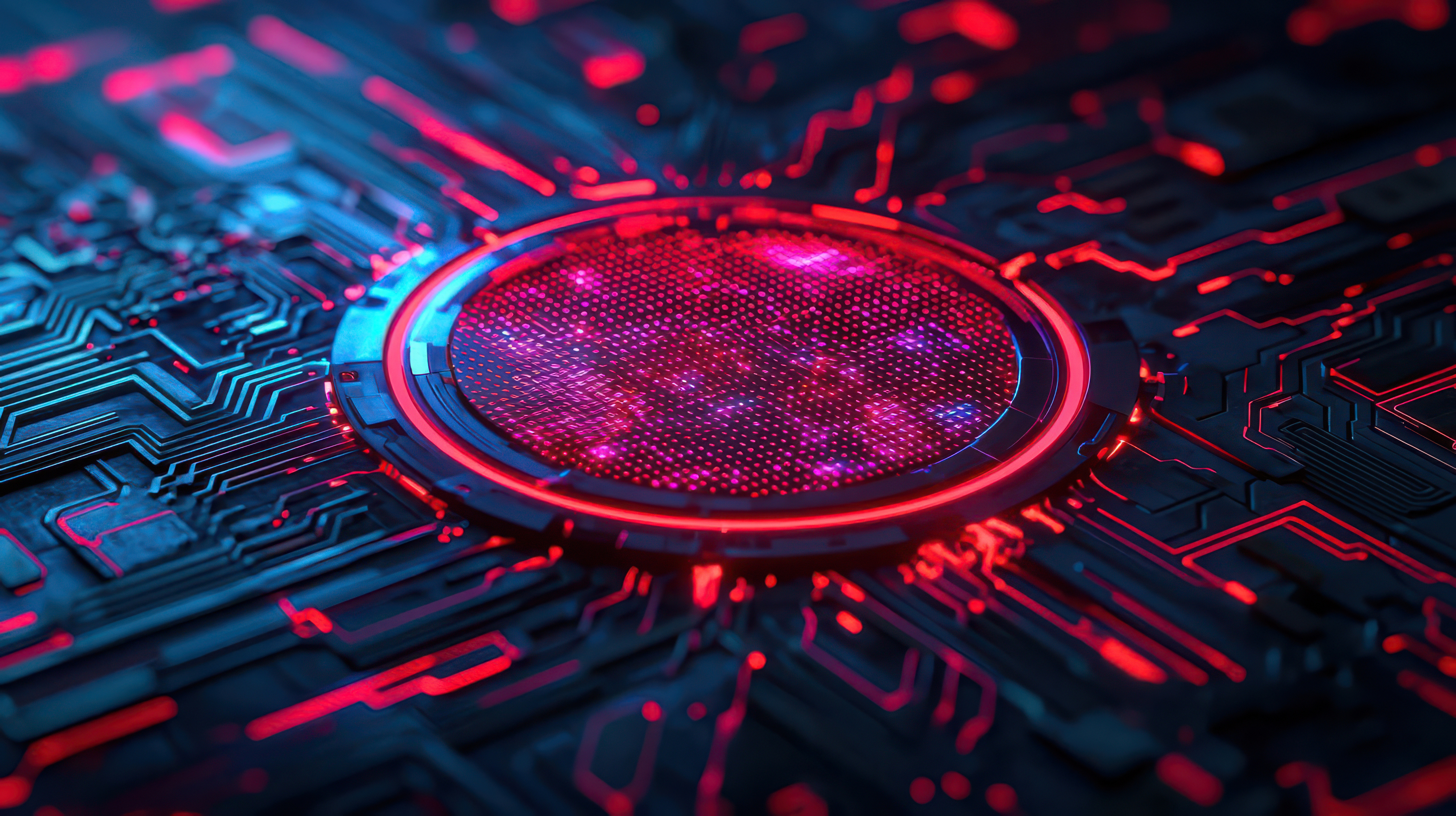
When we think of medical technology, or ‘medtech’, more often than not we think about systems or devices which are intended to look after our physical health. For example, the term medtech brings to mind large apparatus like robotic surgery systems, or smaller medical devices like hearing aids.
However, there is an increasing focus on our mental health, and an awareness that it is at least as important as physical health. With Mental Health Awareness Week from 15th-21st May 2023, this post explores how medtech is not limited to physical healthcare and wellbeing, but can also be used to look after our mental health.
Virtual Reality
Virtual Reality (VR) allows headset-based immersion in a computer-generated environment, with a wide variety of applications. In addition to the applications you may already be aware of, it is being explored as a way of improving access to, and the results of, therapy or counselling. For example, gameChange is an automated VR solution which allows patients, such as sufferers of psychosis, to experience simulated social situations to practice being in those environments. Trials of the system showed significant reductions in agoraphobic avoidance and distress compared with usual care. There has also been research into the use of VR for the treatment of post-traumatic stress disorder (PTSD).
The wearable technology market is predicted to expand at a rate of around 15% per year until 2030. Many wearable devices allow users to track health and biometric data, such as heart rate tracking, and sleep data. However, this data is not just useful to show physical health. For example, there have been studies which show that data from wearable devices, in particular data related to sleep, could also provide a predictor of depression and anxiety. As the number of wearable devices in use increases, such insights may become available to a huge number of people, allowing them to keep a track of their mental health just as they do with their physical fitness.
Standalone devices
In addition to using existing products, there are also mental health technology developments based on standalone devices. Flow Neuroscience are a Swedish firm which have developed a device for transcranial direct current stimulation (tDCS) as a treatment for depression. This technology stimulates brain cell activity by delivering direct current via electrodes positioned on the scalp. The device is being trialled by the NHS an as alternative or supplement to antidepressants or psychotherapy, and as the device can be used at home rather than in a hospital or clinical environment the hope is that it will greatly improve access to this relatively new treatment.
Artificial Intelligence
Artificial Intelligence (AI) is a technology which has commercial applications in a wide range of fields, such as finance, transport and advertising. It is therefore unlikely to surprise you to learn that many companies are looking into ways in which AI can also help with the diagnosis of mental health conditions.
One particular application of AI in this way, is its use in assessing a patient’s mental health based on AI-driven analysis of their speech. Kintsugi are a company based in the Bay Area who have developed technology to do exactly that. By analysing a short clip of speech, at least 45 seconds long, their technology is able to analyse how a patient is talking to identify signs of depression and anxiety – regardless of what is being said. Similar, Sonde Health have developed an app which enables users to track their mental health by providing 30 second voice clips. The app can assess the user for depression, anxiety, PTSD and bipolar disorder.
Summary
There is evidence to show that an increasing number of people are seeking help with their mental health, and in 2019 the World Health Organisation launched an initiative to improve access to mental health care. As well as more traditional health care arrangements, medical technology can also play a part in meeting increased demand, and technology addressing mental health is a very active area of innovation.
This blog was originally written by Ashley Cresswell.
Andrew is a Partner and Patent Attorney at Mewburn Ellis. He deals with drafting and prosecuting patent applications at the EPO and UKIPO, as well as global patent portfolio management, Freedom-to-Operate (FTO) work and advising on global patent filing strategies. Andrew works in the engineering and electronics fields, with a focus on medical device technologies. He has spent time working as a patent attorney in Singapore, where he specialised in providing advice on obtaining patent protection throughout South-East Asia, China and the Indian sub-continent. Andrew has also worked in Canada, developing an expertise in obtaining patent protection in North America.
Email: andrew.mears@mewburn.com
Sign up to our newsletter: Forward - news, insights and features
Our people
Our IP specialists work at all stage of the IP life cycle and provide strategic advice about patent, trade mark and registered designs, as well as any IP-related disputes and legal and commercial requirements.
Our peopleContact Us
We have an easily-accessible office in central London, as well as a number of regional offices throughout the UK and an office in Munich, Germany. We’d love to hear from you, so please get in touch.
Get in touch/ANDREW%20MEARS%20author.png?width=100&height=100&name=ANDREW%20MEARS%20author.png)

